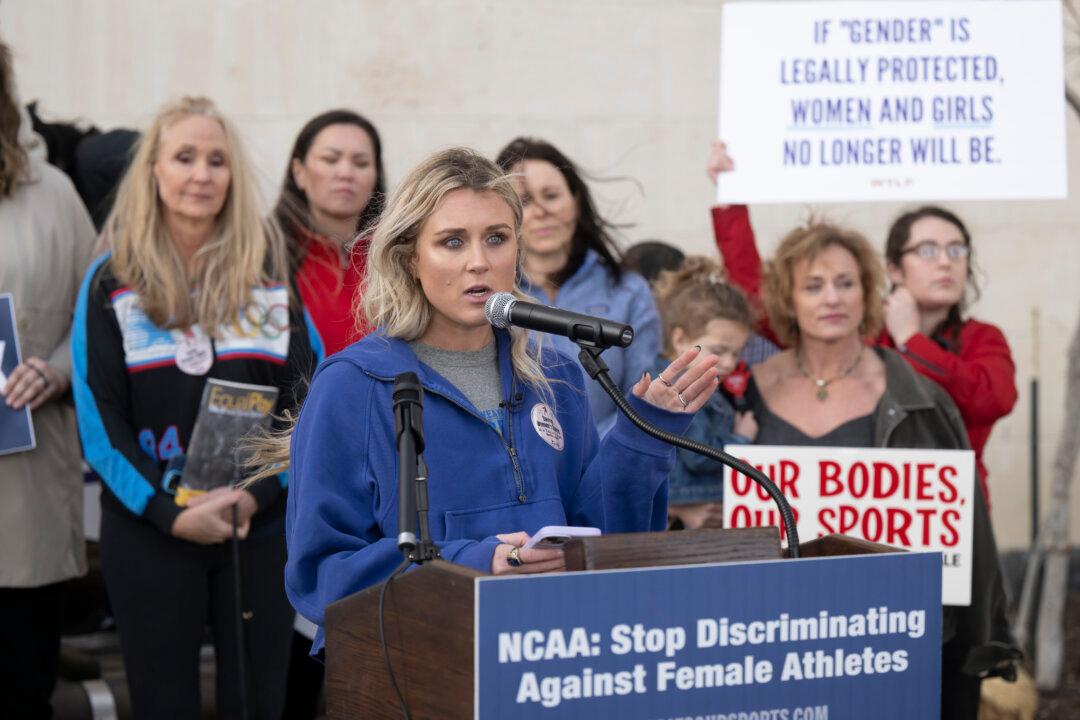The Republican-led Texas legislature is on the verge of banning biological males identifying as female from competing in women’s collegiate sports.
Texas House Republicans withstood multiple attempts by Democrats to scuttle or weaken Senate Bill 15, called the “Save Women’s Sports Act,” when it was presented for a second reading and vote on May 17.





